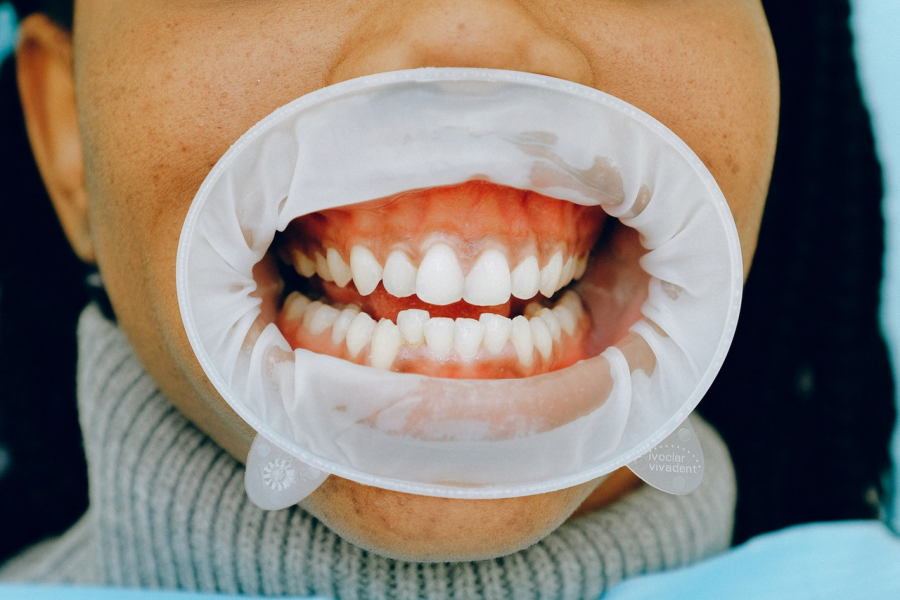Visiting a dentist in Wimbledon and dental care, in general, is not usually the top priority of a mother to be; with the hectic whirr of preparations for a new family member on top of the daily routines mixed with baby showers, midwife and antenatal classes, it’s no wonder it gets pushed to the back.
With the biological stress of pregnancy and the added complications of managing the risks of treatment, pregnancy dentistry comes with an interesting set of challenges.
Many complications come along with gestation in general- the water retention, swollen ankles and morning sickness which are openly talked about by expectant mothers. But the associated dental complications, despite how common they are, are still seen as taboo.
Hormonally induced gingivitis
To call the endocrine system of a pregnant person agitated during pregnancy would be an understatement. The flood of hormones necessary for the healthy development of the fetus has widespread effects. Inflamed and bleeding gums are very common in the second trimester due to an increase in progesterone.
Usually, cases of hormone-induced gingivitis will clear up soon after the birth, but in severe cases, it can develop into persistent gum disease. There’s no harm in an attending a check-up to have it monitored during and after your pregnancy.
Erosion of Enamel
There are many demands on the body of a pregnant mother and one of the most important one’s is the need for calcium. New bone and nervous system development of the fetus has a high and urgent need for calcium, and the mother’s body will break down bone and de-calcify teeth to meet those demands. The stripping of calcium from enamel leaves it soft and permeable. Mixed with regular acid damage from morning sickness, sudden erosion of enamel can become a very real possibility.

Pregnancy tumours or pregnancy granulomas
The oral tumours often seen in pregnancy are benign and not uncommon but are also often a shock. The growths start on the gum tissue and often hang into the mouth. Thay can be painful and grow to the point when they are inconvenient.
The causes of pregnancy granuloma
The causes of oral tumours are not clear, but hormones and trauma to the gums seem to be the biggest risk factors. They are also seen in menopausal patients.
Are pregnancy tumours dangerous to the baby?
Pregnancy granulomas are localized to the gums, so there is no risk of them spreading around the body and no risk to the fetus. They’re not considered dangerous to the mother, but can be inconvenient.
Treatment options
If the growths have become an issue, either by being painful or stopping you from eating, they can be surgically removed. This is very simple due to the skin tag structure of the growths. Most dental clinics are equipped to remove granulomas with no risk to the baby. It can take more than an hour and could involve surgical stitches or glue, as the growths are often vascular.
In some cases, granulomas occur after birth. Hormonal therapy treatment can resolve the tumours but the use of hormonal therapy is not recommended during the pregnancy itself.
